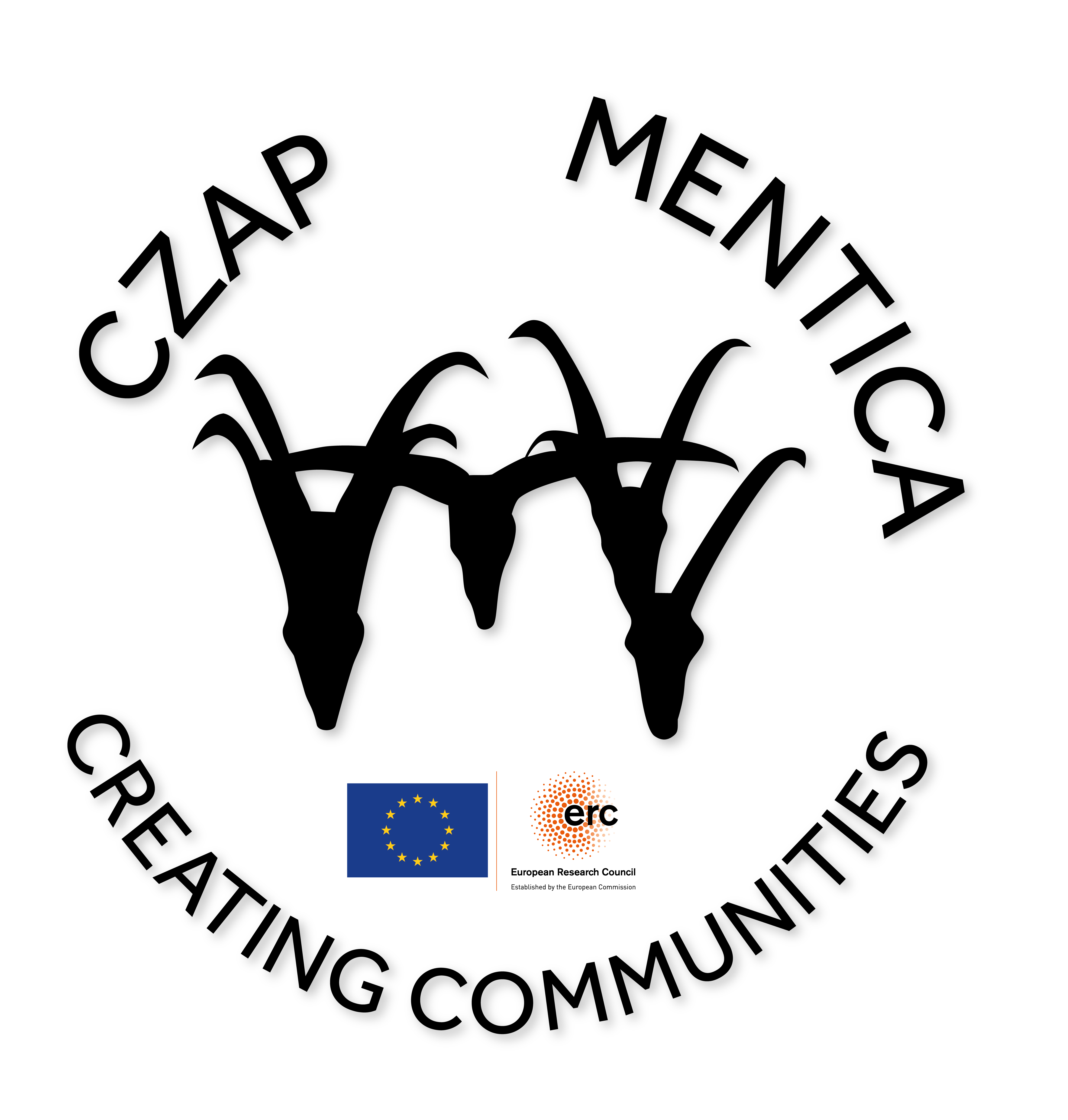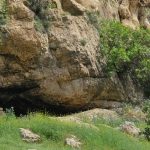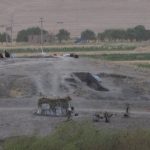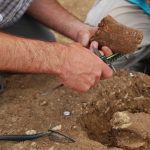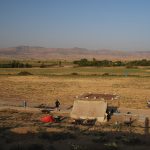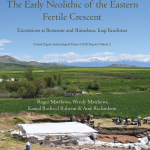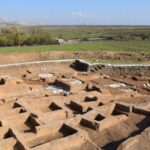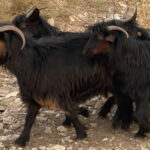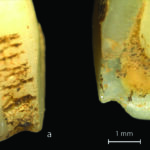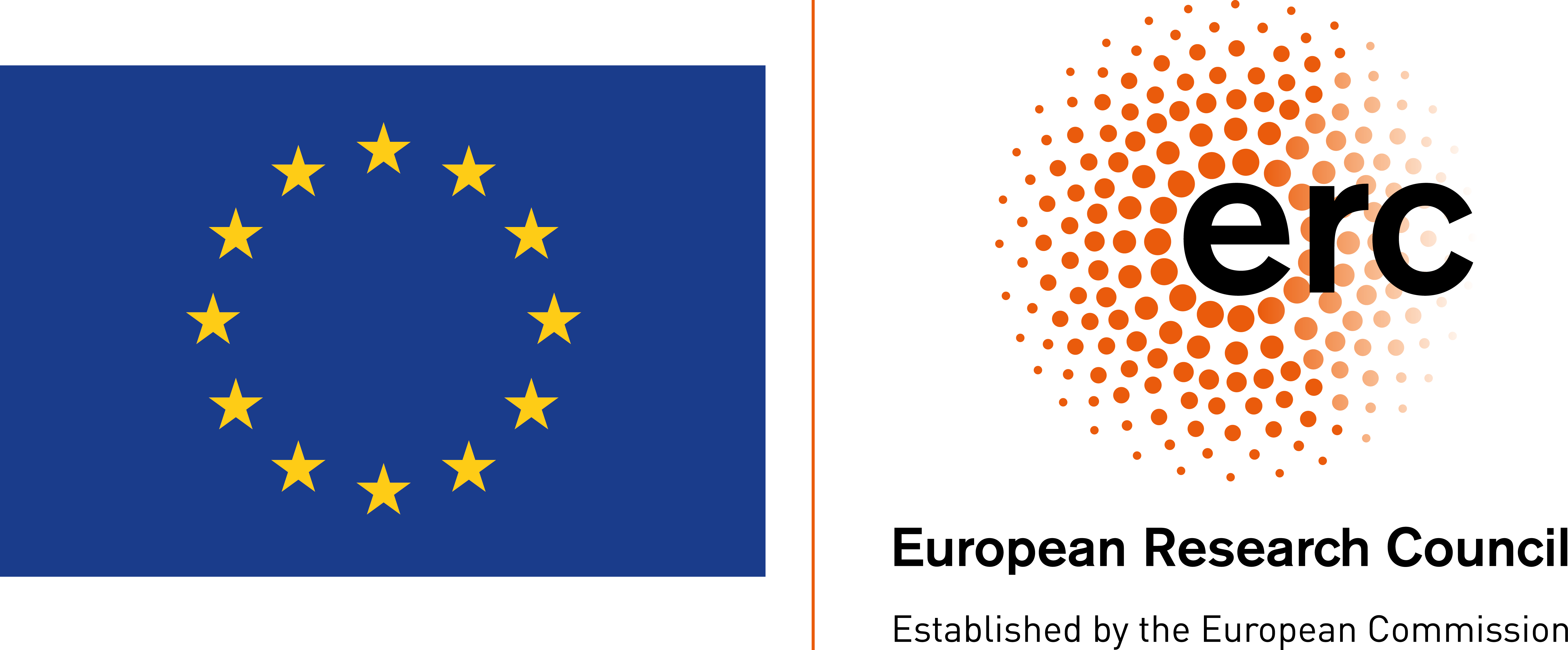Our world is marked by ‘disruption’, re-orderings of society in changing circumstances, including abrupt climate change, that impact on social and economic life. What can we learn from the prehistoric past about disruption, and human engagement with it?
One of the first global disruptions faced by human societies was the Neolithic transition from mobile forager-hunter to settled farmer-herder through the Epi-Palaeolithic (EP) and Early Neolithic (EN) periods of the Middle East, 17,000-7000 BC. Human communities worked through this disruption, including climate change, to enable complex societies to thrive and to form the basis for later cities, empires and civilisations. In this project, we address key global challenges for archaeology including human responses to climate change, and societal transformation and resilience.



